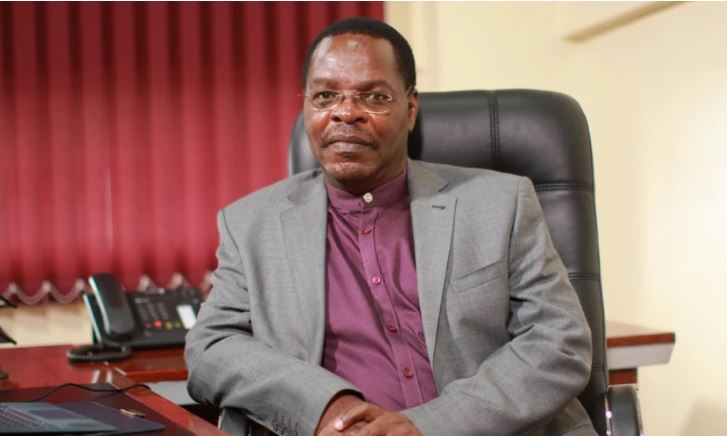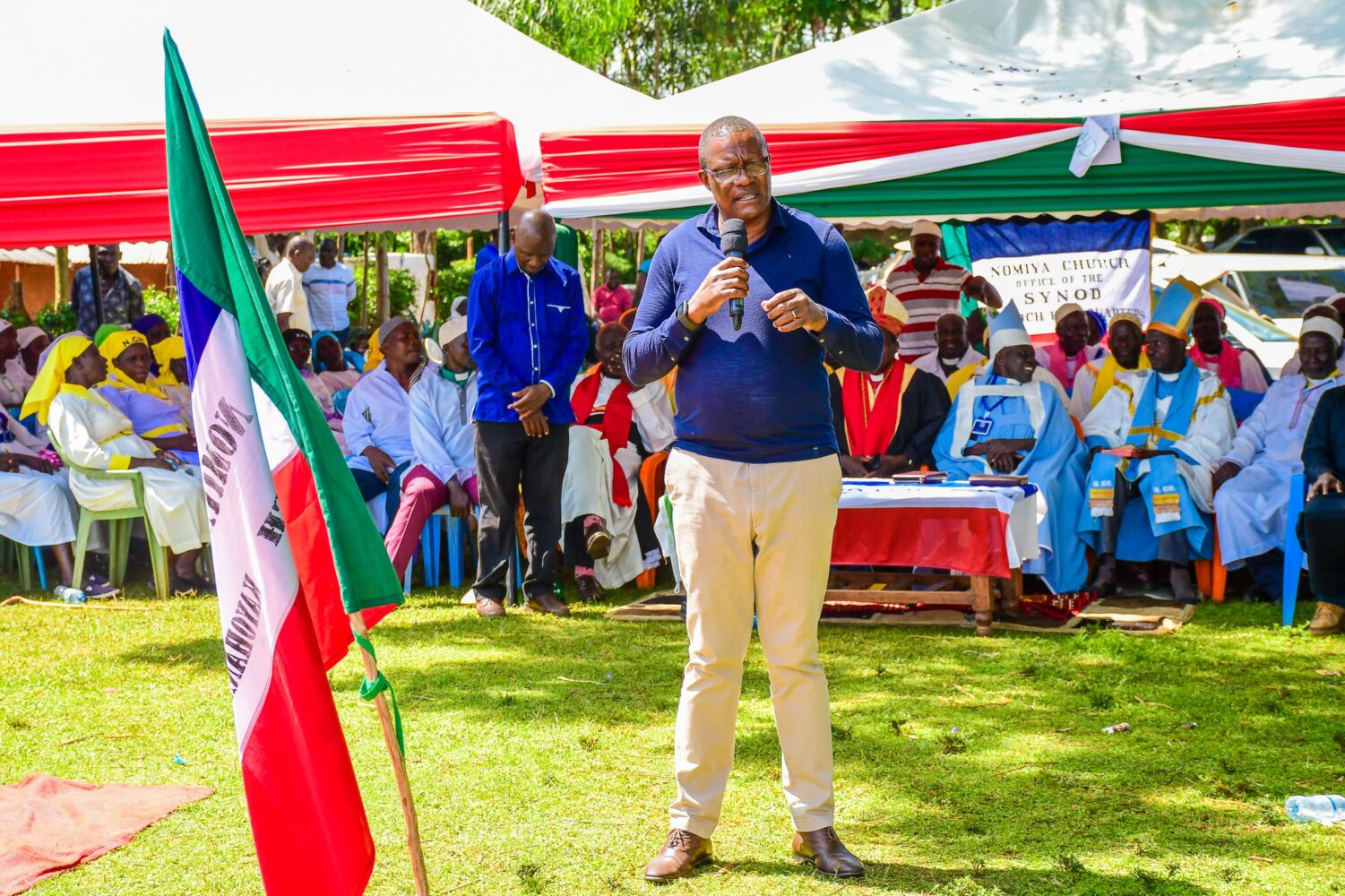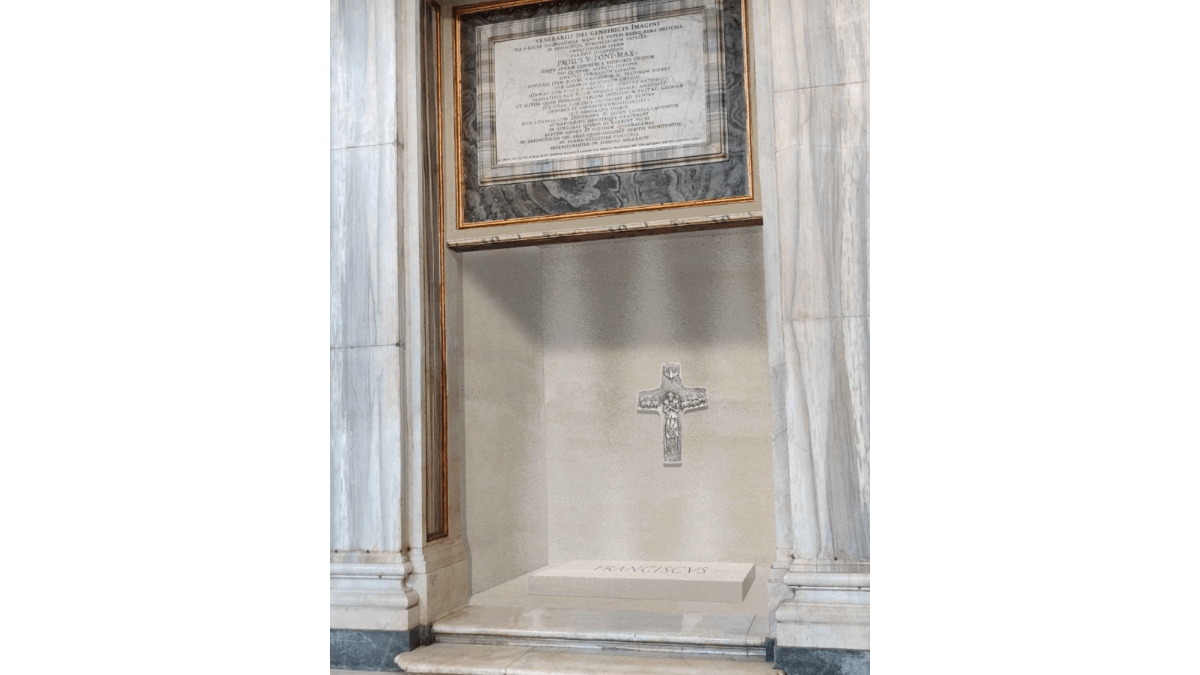The Ethics and Anti-Corruption Commission (EACC) chairperson Bishop David Oginde has revealed some of the reasons why Kenyans engage in corruption.
Bishop Oginde noted that most individuals engage in corruption due to greed that pushes individuals to amass wealth quickly.
Speaking during an interview on Monday, September 18, with George Maringa on TV47, Oginde said that most public servants mismanage public resources out of greed.
“He is not stealing because he is hungry. There are people you can excuse they took your bread because they were hungry. But these people are already super rich, but they want more,” he said.
“That is called greed. Kenyans, we have not learnt how to say, I have enough,” he added.
The EACC chairperson explained that it’s unfortunate that some individuals being investigated over graft are super rich, yet they continue stealing public resources.
He at the same time acknowledged that society was also to blame for having expectations and believes that a public officer can use his/her position to amass wealth.
“There is that societal expectation that when you hold a public office, you have suddenly got into money and therefore we should get portions of it,” he explained.
Oginde said this leads people who are not corrupt to engage in corruption due to societal pressure.
“So people sometimes steal because of that. And I’ll say people like MPs sometimes get themselves into shady deals because of the demand that we as Kenyans have placed on them,” he pointed out.
In addition, Bishop Oginge explained that the rate at which Kenyans were involved in corruption was alarming due to a lack of fear of God.
“The fear of God has gone down. We are 86% Christians and we are also the most corrupt people. Our faith has no impact on our lives,” said the EACC chairperson.
Oginde regretted that even though a huge percent of Kenya’s population was religious, the country ranks high in corruption.
He concluded that Kenyans should become more committed to religious teachings, whether Christianity or Islam in order to reduce corruption cases in the country.












